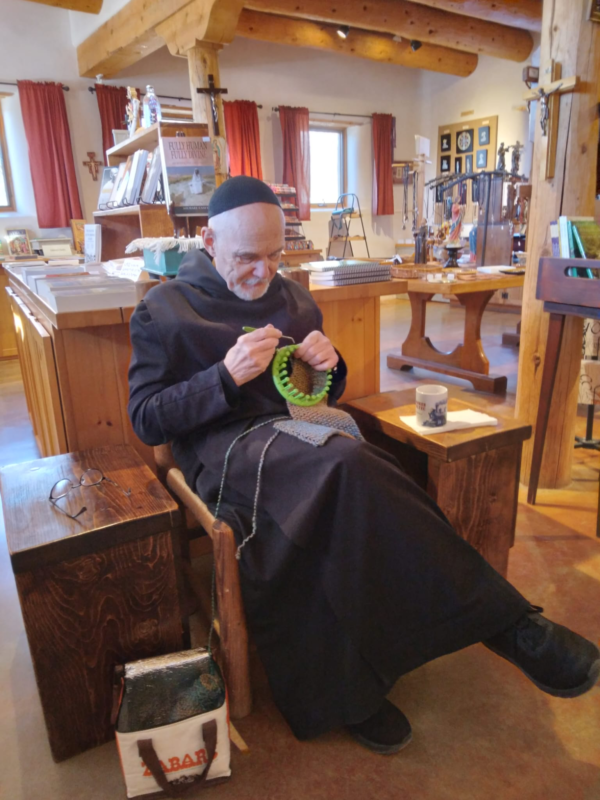Saint Bonaventure, the great medieval Franciscan theologian and Doctor of the Church, wrote a treatise on the journey to God, saying that we learn the ways of God by examining the world, and we proceed to awareness of the truth of God in and through our minds. The five senses are engaged in this work of the spirit, and the human “mind,” as well call it, is crucial in the process of going to God.
That being said, we all know that distractions are a constant battle in our efforts to concentrate and contemplate the things of God. How easy it is to be sidelined by a million and one “matters on the mind,” and the desire to overcome at least some of the distractions probably appeals to us all.
A recently published book on the topic of “distractions” is now making the rounds at our monastery, and is worth recommending. The book is titled, “The Wandering Mind: What Medieval Monks Tell Us About Distraction,” by Jamie Kreiner, a professor of history at the University of Georgia. The book is published by Liveright Publishing Corporation.
Saint Gregory the Great, monk and then pope, spoke of his distractions this way: “The ship of my mind is being battered by cyclones.” Even before Saint Gregory, who wrote the earliest life of Saint Benedict, the “Desert Fathers and Mothers,” as we call them, battled for the gift of “mindfulness,” whereby the mind could be more concentrated on the things of God than the things of the world. For the early monks and nuns, the “world” was normally understood as “entanglements,” in property, work, legal disputes, gossip, news. Creation itself was not considered bad, and in fact the Book of Genesis tell us that all God created was “good.” Sorting through the useful and the useless was a preoccupation of early monks and nuns, but also modern ones as well.
Jamie Kreimer’s book sheds some excellent light on the matter that has been a concern of monks since the third century. What monks have learned over the course of the centuries has a serious bearing on we “moderns,” since in fact some things never change, such as distractions.
In today’s photo, a “modern monk,” Brother Andre, is shown working diligently on one of his many crafts, in this case, a woolen scarf. What goes on in the silence of his mind is his alone, though he presumably strives to live in the present and “seek the things that are above,” as Saint Paul encourages the church of the Colossae (Colossians 3:1). May we all do likewise!
Be assured of our prayers and please keep us in yours. Thank you.
Abbot Christian and the monks

